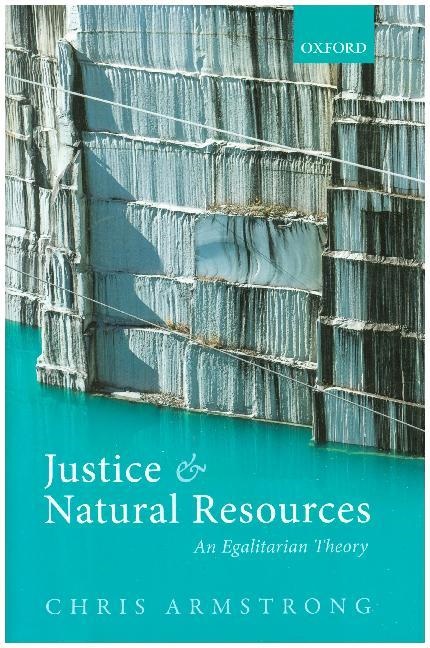Read more
Struggles over precious resources such as oil, water, and land are increasingly evident in the contemporary world. States, indigenous groups, and corporations vie to control access to those resources, and the benefits they provide. These conflicts are rapidly spilling over into new arenas, such as the deep oceans and the Polar regions. How should these precious resources be governed, and how should the benefits and burdens they generate be shared?
Justice and Natural Resources provides a systematic theory of natural resource justice. It argues that we should use the benefits and burdens flowing from these resources to promote greater equality across the world, and share governance over many important resources. At the same time, the book takes seriously the ways in which particular resources can matter in peoples lives. It provides invaluable guidance on a series of pressing issues, including the scope of state resource rights, the claims of indigenous communities, rights over ocean resources, the burdens of conservation, and the challenges of climate change and transnational resource governance. It will be required reading for anyone interested in natural resource governance, climate politics, and global justice.
List of contents
- Introduction
- 1: Resources and Rights
- 2: Equality and its Critics
- 3: The Demands of Equality
- 4: Rewarding Improvement
- 5: Accommodating Attachment
- 6: Against Permanent Sovereignty
- 7: Perfecting Sovereignty?
- 8: Resource Taxes
- 9: The Ocean's Riches
- 10: The Burdens of Conservation
About the author
Chris Armstrong is Professor of Political Theory at the University of Southampton. He works in normative political theory, and in recent years principally on global justice and climate justice. He is the author of Global Distributive Justice (Cambridge University Press, 2012), and many papers in journals such as the Journal of Political Philosophy, Political Theory, Politics, Philosophy and Economics and Ethics and International Affairs.
Summary
Justice and Natural Resources provides a systematic account of how to think about natural resources and the conflicting claims people have over them.
Additional text
This extremely rich book not only provides the most comprehensive egalitarian account of justice and natural resources to date, but also pushes political philosophers to engage with real world policy questions. It might well become the one reference text which defines the cosmopolitan view on the place of natural resources within debates on global justice.
Report
stimulating and ambitious David Miller, Global Justice

